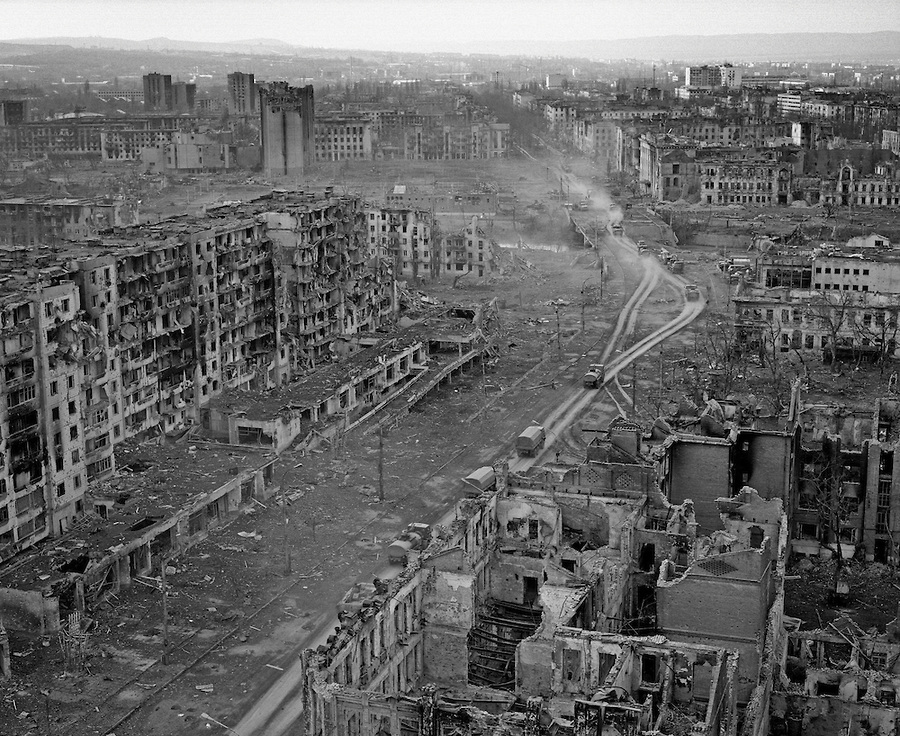Why Moscow Desperately Wants a ‘New Cold War’ – and Why There Isn’t and Won’t be One
Paul Goble, originally on Window on Eurasia Staunton, May 9 – Moscow commentators have been denouncing the West for…

To suggest a correction or clarification, write to us here
You can also highlight the text and press Ctrl + Enter
Please leave your suggestions or corrections here

We are an independent media outlet that relies solely on advertising revenue to sustain itself. We do not endorse or promote any products or services for financial gain. Therefore, we kindly ask for your support by disabling your ad blocker. Your assistance helps us continue providing quality content. Thank you!